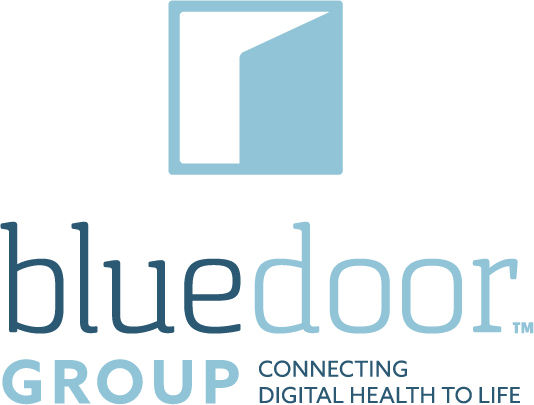By Lee Phillips
I was recently having a conversation with a board member of a nationally ranked children’s hospital.
“We have world-class doctors, cutting-edge innovation and the best outcomes in the region,” he declared. “If you don’t bring your child here when they are ill, you’re just being a bad parent!”
Emotion Drives Motion
On a certain level, he may be right. As a loving parent, why wouldn’t you want the best for your child, especially when it’s available in your back yard. But trying to convince people with logic alone does not always work. As humans, we rely heavily on emotion in our decision-making – research suggests that 80 percent of the decisions we make regarding choosing a brand are made emotionally.
That is why healthcare marketers are increasingly turning to storytelling to engage their audience.
The Art of Storytelling
Storytelling is at the root of our human experience. Stories have long been used by brand strategists and marketers to motivate us to take action, to pursue our dreams, or to inspire us to be better.
Stories are a powerful means to inform and persuade. Persuasion is most effective when people’s imaginations are taken to another place using a story. Connecting to hearts and minds through an authentic, real voice with powerful language and visuals are how healthcare marketers can move beyond ineffectual messaging, where everything is “the best”, and raise their brand above the blare of healthcare media noise, inspiring their audience to purposeful action.
Changing Behavior Using Storytelling
We believe that storytelling isn’t just vital to healthcare marketing – it’s vital to healthcare. Most of the chronic diseases so prevalent in our society today are so-called “lifestyle diseases”. The most effective treatment of these is not more pills or procedures or surgeries, but behavior change. The reality is that people don’t change behavior because of the information you give them. If they did, everyone would be exercising daily, eating a balanced diet, taking their medication as prescribed, and be actively engaged in their health. People change behavior when they have meaning and a reason to. That is where storytelling can help, by providing the bridge from understanding to motivation.
As such, we see ourselves not as a marketing agency or even as storytellers, but as healthcare providers, working alongside our physician colleagues, nurses, caregivers, and administrators to engage people in their health and care, to educate them and their families about their condition, and ultimately to inspire them to healthier lifestyle choices and behaviors.
Transforming Numbers into People
Effective storytelling relies on gaining an in-depth understanding of your audience, and building a rich, multi-layered view of the customer from a rational as well as emotional perspective, encompassing needs and wants and motivations. That is why we combine traditional data mining and customer profiling with qualitative research methods such as ethnography – the study of cultures through close observation – to help us transform numbers into people.
So…What is the Secret to the Art of Great Storytelling?
Best-selling author and marketing guru Seth Godin offers the following advice:
“A great story is true. Not necessarily because it’s factual, but because it’s consistent and authentic.”
Healthcare is rich with personal stories that are life-affirming – stories of hope in the face of despair, stories of compassion in the face of suffering, stories of courage in the face of adversity.
Great stories connect with their audience by tapping into the collective unconscious and exploiting those fundamental human truths that all of us can identify with, regardless of geography, race, culture, faith, or social status.
Great stories are memorable. They help you create associations for your reader that allows your content to stick with them long after reading and share it with others.
Above all, great stories elicit an emotional response. As Maya Angelo once said,
“People will forget what you said, people will forget what you did, but people will never forget how you made them feel.”
So, the question is, what story are you going to tell?
To learn more about how Bluedoor helps digital health companies rise above the noise and tell compelling stories, contact Lee Phillips: imagine@bluedoor.us










